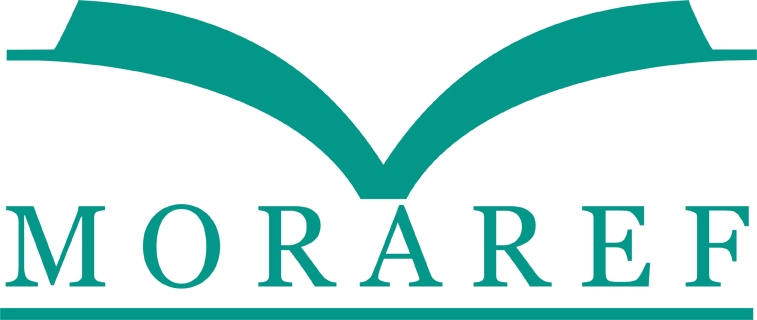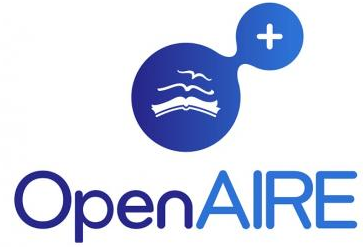PERBEDAAN PH SALIVA ANTARA ANAK YANG MINUM SUSU DENGAN KUMUR LARUTAN BAKING SODA DENGAN MINUM SUSU TANPA KUMUR LARUTAN BAKING SODA PADA SISWA SD GEDAWANG SEMARANG
Abstract
ABSTRACT
One of the factors that influence caries process is saliva, among the food products that can enhance the acid product is milk. Salivary pH can be increased by the use of a solution of baking soda. Objective to determine differences in salivary pH between children who drink milk with a solution of baking soda rinse with mouthwash to drink milk without a solution of baking soda.
Types of research using descriptive method with cross sectional approach, the research will be conducted by a quasi-experimental. The population is a fifth grade elementary school students Gedawang 02 Semarang as many as 28 people. All the population sampled, and then divided into two groups randomly, which consists of: the intervention group without baking soda as many as 14 people, and groups with baking soda mouthwash for 14 people. Quantitative analysis inferential statistical test independent t- test with 95% confidence level (α = 0.05).
The results showed there were differences in the pH of saliva between milk drinking group with a solution of baking soda mouthwash and gargle solution without baking soda. The state of saliva pH children who drink milk with a solution of baking soda mouthwash on a Class V student elementary Gedawang 02 Banyumanik Semarang with an average of 7.58. While no solution of baking soda rinse average 7.32 Conclusion salivary pH significantly different between children who drink milk with a solution of baking soda rinse with mouthwash to drink milk without a solution of baking soda in a Class V student elementary Gedawang 02 Banyumanik Semarang, appropriate statistical test results independent t test with a value of (p value = 0.043), p value <a. It is recommended to the students to be able to choose an alternative material that can raise the salivary pH towards the base, one of which is by rinsing with a solution of baking soda concentration of 1%.
Key words : salivary pH, Milk, Baking Soda Mouthwash Solution
Keywords
References
Amerogen, A.V.,Michles,LFE., Roukema,PA., Veerman, ECL., 1991., Ludah dan Kelenjar Ludah Arti Bagi Kesehatan (Terj), Gadjah Mada, Yogyakarta
Arikunto, S.,1998, Metodologi Penelitian, Rineka Cipta, Jakarta
Damayanti, 2006, Perbedaan Nilai Tes Viskositas pH dan Kapasitas Dapar Saliva Setelah Mengkonsumsi Mi Instan dan Bihun Pada mahasiswa FKG UI semestaer VIII tahun 2006 (Skripsi), FKG UI, Jakarta
Depkes RI, 1998, Susenas, Jakarta
FAO, 2005, Baking Powder VS Soda Kue/Baking Soda http://ncc.blogsome.com/2005/11/30/baking-powder-vs-soda-kuebaking-soda/trackback/
Hanafi,P., 1996., Yang Manis-Manis, Manfaat dan Bahayanya, Juornal PDGI 45 (1), Jakarta
Irmawati,1993, Perbedaan Aktifitas Karies dri Anak Usia 3-7 Tahun yang Menderita Karies Gigi dan Bebas Karies, Majalah kedokteran Gigi Edisi Khusus, FKG Unair, Surabaya
Konig., Hoogerdoorn, 1982, Prevalensi Dasar Kesehatan Gigid dan Dasar Ilmiah, Indonesia Dental Industries PT Denta, Jakarta
Murry,RK., Granner,DK., Mayas,PA., Rodwell UW., 1992, Biokimia Herper (terj), EGC, Jakarta
Nasir, 1999, Metodologi Penelitian, Jakarta
Nurliza,C., 2003., Penggunaan larutan baking Soda ! % untuk menaikan pH Rongga Mulut pada karyawan Pabrik Aluminium Sulfat., Dentika dental Journal Vol 8, No.2 (Suplement), FKG Universitas Sumatra Utara, Medan
Punta,B., Sundoro,E.S, 2003., Hubungan Faktor Resiko Karies Dalam Saliva dengan Indeks DMF-T pada Penederita DM Tipe II di RSCM sub bvagian Endokrin, Journal Kedokteran Gigi 10 (Edisi Khusus), Universitas Indonesia, Jakarta
Susanto,H., 2008, Manfaat Susu Kambing, www.Susu-kambing.com/manfaat/php
Thenawidjaja, M .,1997, Dasar-Dasar Biokimia, Rineka Cipta, Jakarta
DOI: https://doi.org/10.31983/jkg.v1i01.3302
Article Metrics
Refbacks
- There are currently no refbacks.
| View My Stats |











.png)


.png)
.png)








